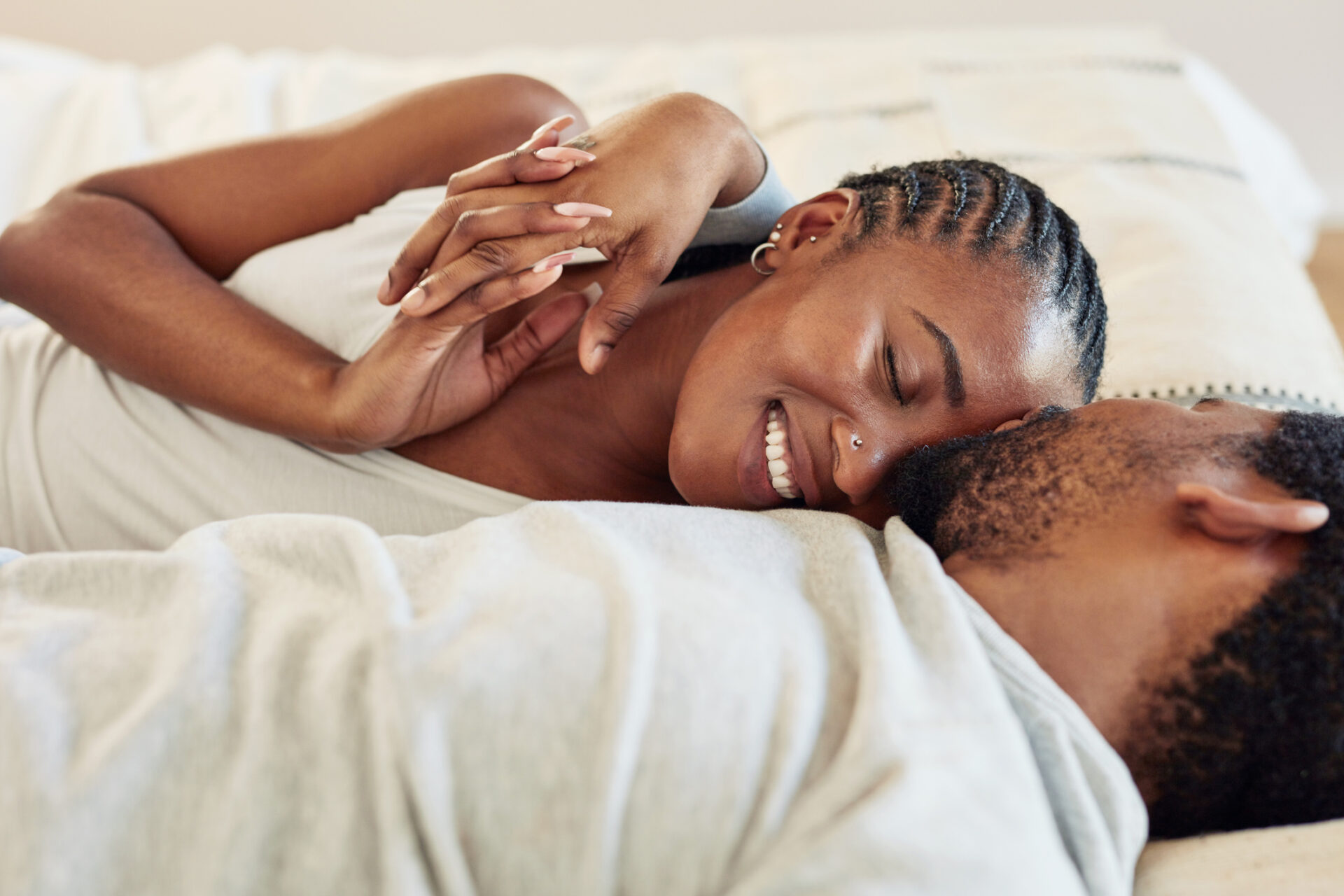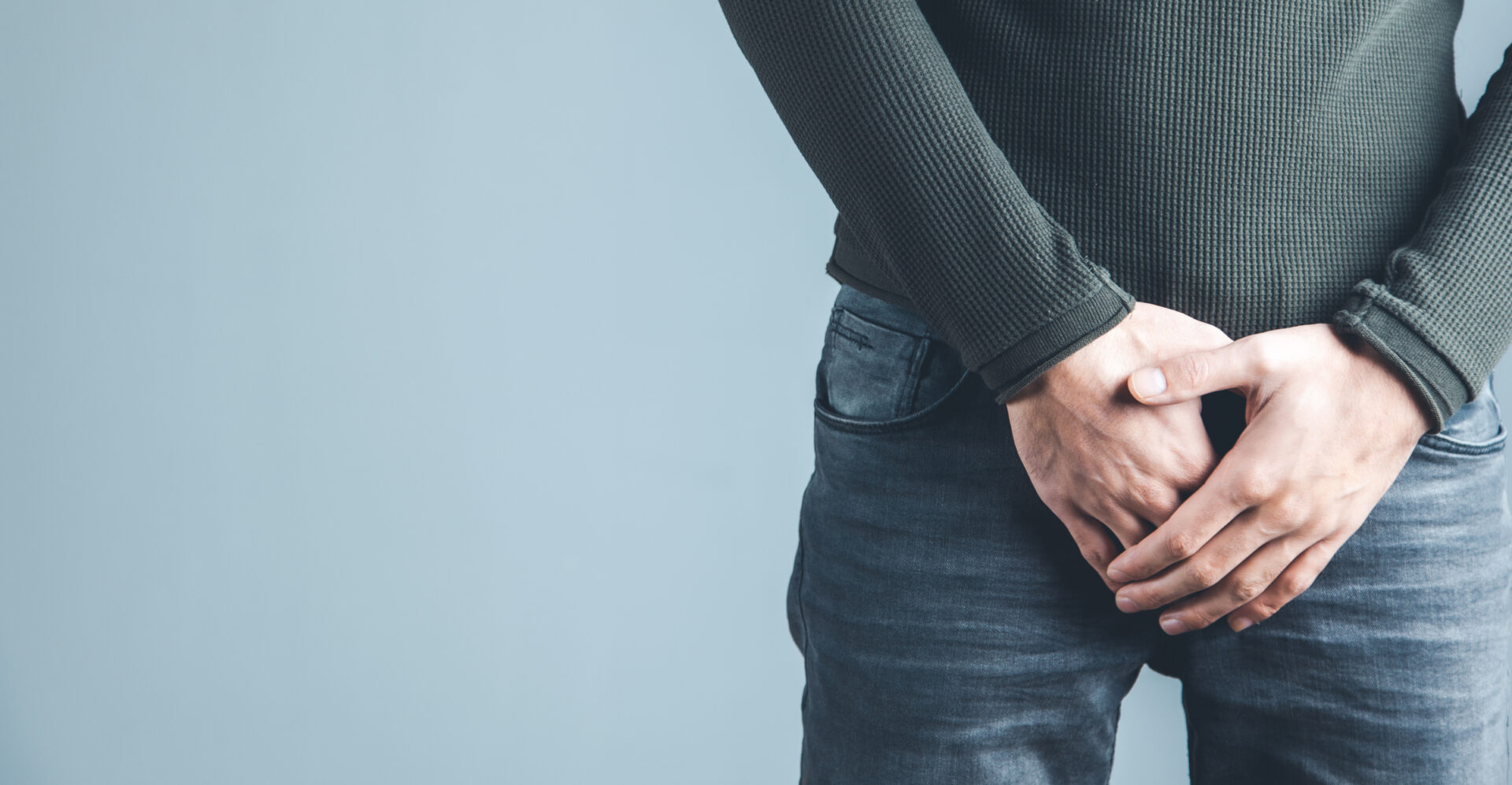
Health Hormone Health

Urinary incontinence (also known as UI) is the accidental release of urine. Urinary incontinence is more common in older men than younger men, but it’s not a normal part of aging. If you’re a man experiencing urinary incontinence, keep reading. We’ll tell you the possible causes of urinary incontinence in men and what you can do about it.
Let's TalkUrinary incontinence is leaking urine or urinating on accident.
Usually, the bladder fills with urine, and a ring of muscles called the urinary sphincter prevents that urine from leaking out while your bladder is relaxed. Then, when you go to the bathroom, the urinary sphincter releases while the bladder contracts.
Urinary incontinence in men boils down to three main causes:
There are several types of UI in men:
Stress incontinence is when you leak a little bit when you sneeze, cough, laugh, or lift heavy objects. Although stress incontinence is more common in women, men can still get it. Stress incontinence is usually caused by weakened muscles around the bladder and urinary system.
Urge incontinence is when you have an urge to urinate that’s so strong that you can’t make it to the bathroom on time. Sometimes this urge comes out of nowhere, but other times it’s caused by touching or seeing water. This may happen even when only a small amount of urine is in the bladder. You may need to urinate frequently, even at night. This may also be called overactive bladder (though not every case of overactive bladder involves urge incontinence).
Overflow incontinence is when your bladder doesn’t empty during urination and then leaks later. The dribbling may be periodic or constant. This could be caused by weak bladder muscles or a blocked urethra.
Functional incontinence is when you can’t get to the bathroom in time because of a medical or physical impairment.
You may not know the type of urinary incontinence you’re experiencing until you visit a doctor. It’s also possible to have a mix of types. Sometimes UI can be acute, but if you’re experiencing it consistently and it’s affecting your quality of life, speak to your doctor.
Interested in learning about biological age? Find out more from Opt Health!
How urinary incontinence in men is treated depends on the type and cause. Your doctor may recommend medication or surgery. But in many cases, simple lifestyle changes can help relieve UI symptoms in men. These changes may include:
Remember: while urinary incontinence in men is associated with aging, it’s not an inevitable part of aging. Many parts of aging aren’t a requirement: loss of energy, low libido, weight gain, loss of strength, etc. If you are experiencing any of these symptoms of aging, contact Opt Health. Our doctors specialize in longevity medicine and can help you to feel like yourself again.
Your health, your terms. Discover how personalized care can transform not just the way you feel, but how you live.